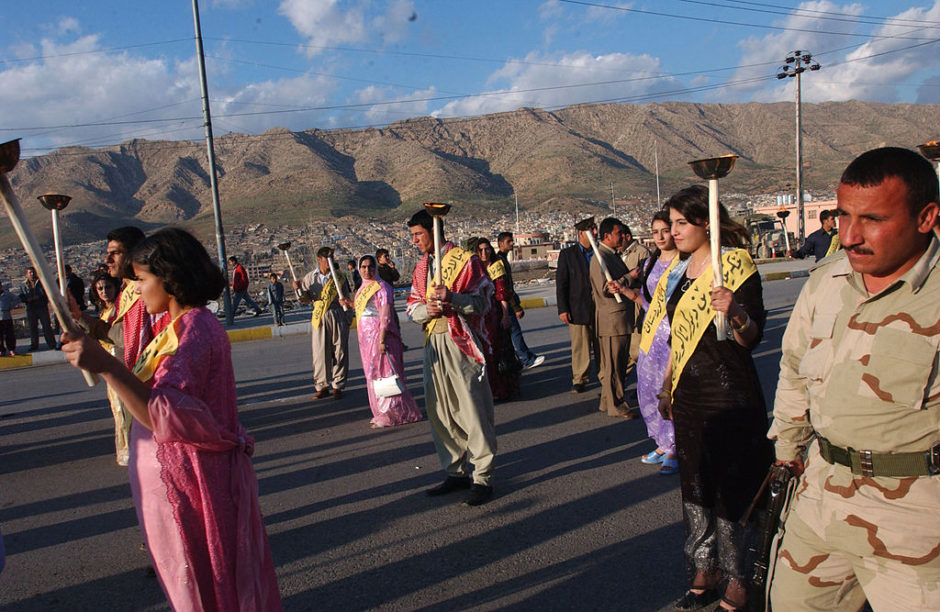Kurdish independence is long overdue, as U.S. Senator Charles Schumer (New York) declared the other day in hailing the outcome of the September 25th referendum on Kurdish independence in the Kurdish Regional Government in Iraq. As he put it, “The historic vote in Iraqi Kurdistan should be recognized and respected by the world, and the Kurdish people of northern Iraq have my utmost support … I believe the Kurds should have an independent state as soon as possible.”
Touche.
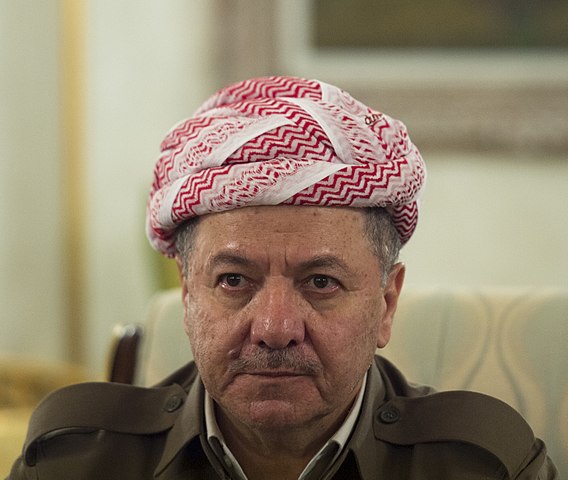
Much to the satisfaction of Massoud Barzani, the president of Iraqi Kurdistan, the referendum was a resounding endorsement of Kurdish dreams of independence — an objective that has eluded the 30 million or so Kurds for a century. More than 90 percent of the 4.6 million registered voters cast their ballots for this proposition.
The unambiguous results of the referendum came as a blow to Iraq, which stands to lose one-third of its territory should the Kurds secede. The referendum, as expected, was opposed by Arab countries such as Syria, where Kurds have established the Kurdish enclave of Rojava along its northern border with Turkey, and by Muslim nations such as Turkey and Iran, which have sizeable Kurdish minorities and fear the long-range implications of Kurdish separatism.
The only nation in the Middle East that applauded the Kurds’ campaign for freedom was Israel, which has longstanding relations with them.
Outside the Middle East, the United States and Canada, among other nations, rejected the notion of Kurdish sovereignty. Washington fears that a Kurdish state would destabilize Iraq, a fragmented country that struggles with the spectre of sectarianism, as well as undermine the ongoing war against Islamic State. Canada fears it would embolden separatists in the province of Quebec.
The Kurdish drive for independence could open up a Pandora’s box of regional conflicts, but at the end of the day, these considerations are trumped by larger political and moral imperatives. The Kurds, the biggest ethnic group in the Middle East after the Arabs, Persians and Turks, are still stateless after countless broken promises of statehood, and deserve independence sooner rather than later.
There will always be “sound” geopolitical reasons to oppose Kurdish statehood. But enough is enough. The Kurds have exercised patience and waited for decades to attain their cherished objective.
The Arab states, Turkey and Iran behave hypocritically when they denounce Kurdish calls for statehood while vociferously calling for a Palestinian state. If the Palestinians are in need of statehood, why not the Kurds? Like the stateless Palestinians, the stateless Kurds form a distinct and recognizable ethnic and linguistic entity.
Muslim nations cavalierly brush off Israeli concerns that a Palestinian state in the West Bank and the Gaza Strip might endanger Israel’s security interests. But when Kurds, an oppressed minority, demand statehood, the reaction of their Arab, Turkish and Iranian opponents is always the same — a flat and resounding no.
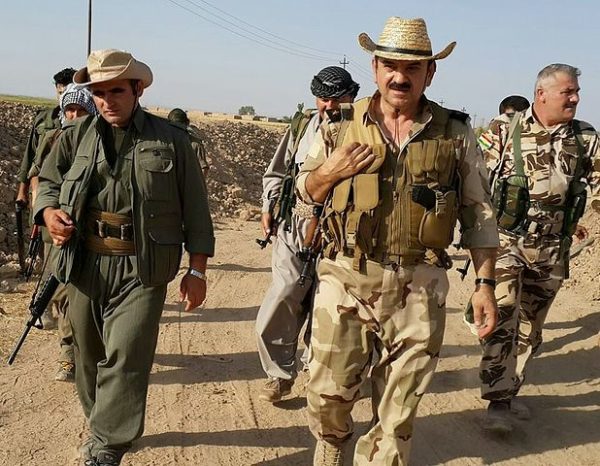
Of late, the Kurds have shed blood in pursuit of independence. Kurdish Peshmerga fighters, aligned with Arab and U.S.forces, have been in the forefront of driving out Islamic State from its strongholds in Iraq and Syria. Kurds played a decisive role in ousting Islamic State from Mosul, the second-largest city in Iraq. And now, they’re pushing Islamic State out of the Syrian city of Raqqa, the de facto capital of its self-declared caliphate.
The Kurds have been yearning for statehood since the end of World War I.
With the dissolution of the Ottoman Empire in 1918, the victorious Western allies promised the Kurds a state, Kurdistan, under the 1920 Treaty of Sevres. Turkey dashed these hopes. The subsequent Treaty of Lausanne, which set the borders of modern Turkey, made no provision for a Kurdish state and left the Kurds out in the cold. Over the following eight decades, attempts by Kurds to win statehood were mercilessly quashed.
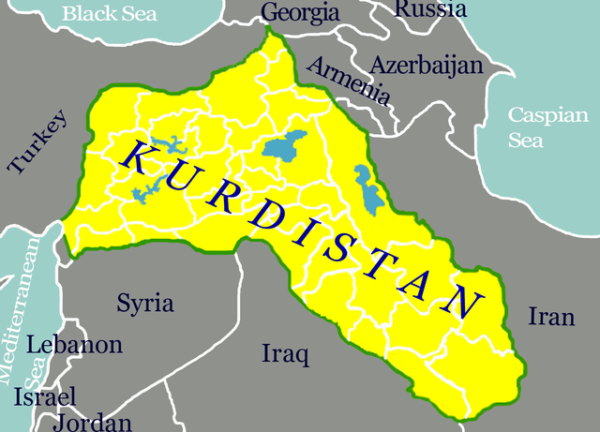
Turkey, the successor state of the Ottoman Empire, crushed Kurdish revolts in 1925, 1930 and 1938. From 1984 to 1999, the Turkish army and the PKK (Turkish Workers’ Party) were locked in open warfare.
The Kurdish Republic of Mahabad, supported by the Soviet Union, lasted less than a year in 1946.
Iraq put down Kurdish uprisings in the 1960s and 1970s. Then, between 1986 and 1989, the Baathist regime of Saddam Hussein conducted a fierce campaign against the Kurds which climaxed with a chemical weapons attack on the town on Halabja. This onslaught claimed the lives of some 5,000 Kurdish men, women and children.
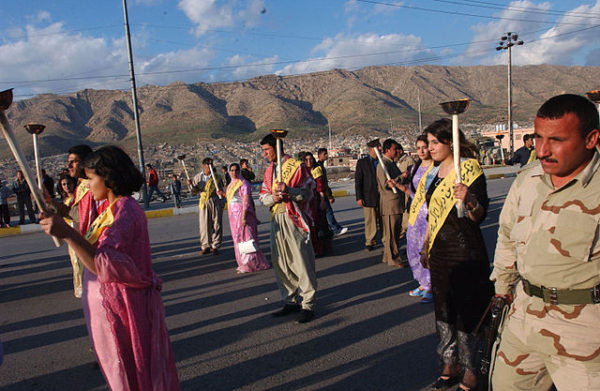
In April 1991, the United Nations Security Council passed a resolution condemning Iraq’s repression of its Kurdish population. This was followed by the U.S. decision to establish a no-fly zone and safe havens for Kurds in northern Iraq.
Protected by the Americans and their allies, the Kurds, in 1992, created the semi-autonomous Kurdistan Regional Government, which was recognized by the U.S.-backed Iraqi government.
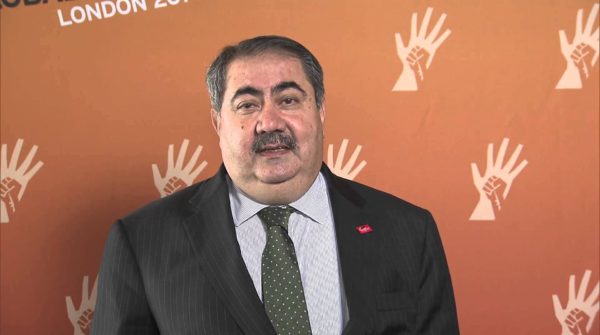
The recent referendum in northern Iraq adds momentum to justifiable Kurdish demands for statehood. “But it doesn’t follow automatically that we will declare a state the day after,” said Hoshyar Zebari, the former Iraqi foreign minister who’s regarded as the architect of the referendum. “The conditions and requirements of state-building are much harder than having a vote on the 25th of September. It will not happen overnight.”
By all accounts, the Kurds hope that the referendum will give them the leverage to launch talks with Baghdad on secession. So far, the Iraqi government refuses to engage in such negotiations. The Kurds, however, are hopeful that Iraq will come around. It is probably a vain hope.
In the meantime, Iraq, Turkey and Iran have threatened the Kurdish Regional Government and its capital, Erbil, with military intervention and economic boycotts.
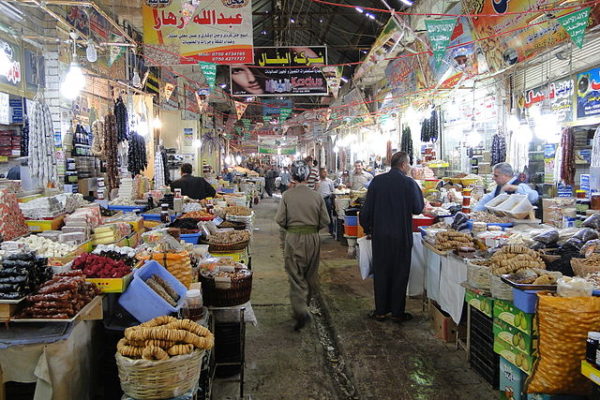
The Kurds should proceed cautiously, but they should definitely not give up on their ambition of statehood. They should seize the day in the not-too-distant future.
Their moment has surely arrived.
